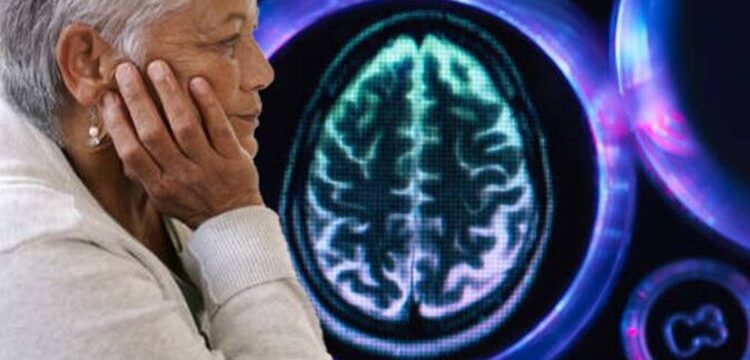Dementia: Dr Sara on benefits of being in nature
We use your sign-up to provide content in ways you’ve consented to and to improve our understanding of you. This may include adverts from us and 3rd parties based on our understanding. You can unsubscribe at any time. More info
Dementia can cause a number of changes, and there are a variety of signs to be aware of. Perhaps the most well known sign is memory loss, though there are also a number of changes which can occur in a person’s mood and personality. Dementia UK says: “There are things you can try which will improve your overall health, which as a result, can help with improving your memory, as well as delaying the onset of dementia.”
The NHS notes that if you’re becoming increasingly forgetful, particularly if you’re over the age of 65, it’s a good idea to talk to a GP about the early signs of dementia.
Alzheimer’s Society (AS) notes changes in mood or emotion are early stage indicators of the condition.
The charity says a person may be more anxious, frightened or sad, and so at risk of depression.
The charity explains: “It is also common to become more irritable – perhaps in frustration at lost abilities – or easily upset.

“A person can often be more withdrawn, lack self-confidence and lose interest in hobbies or people.”
The charity says changes in behaviour are not common in early-stage dementia, other than in frontotemporal dementia FTD.
It says: “A person with behavioural variant FTD may lose their inhibitions and behave in socially inappropriate ways. They may also act impulsively and lose empathy for others.”
The charity says that individuals living with Alzheimer’s may experience mood and personality changes, and there are a number of “warning” signs.
“They can become confused, suspicious, depressed, fearful or anxious. They may be easily upset at home, with friends or when out of their comfort zone,” it notes.
Nonetheless, the charity acknowledges that there can also be typical age-related change.
It suggests that developing very specific ways of doing things and becoming irritable when a routine is disrupted, can just be down to this, rather than being a sign of dementia.
The NHS agrees that aspects of their personality may change, and they may lose empathy.
It notes: “They may also find social situations difficult and lose interest in relationships and socialising.”
The NHS says that dementia symptoms may also include problems with language, such as using words incorrectly, or trouble speaking, as well as movement and difficulties doing daily activities.
It says: “The symptoms of dementia usually become worse over time. In the late stage of dementia, people will not be able to take care of themselves and may lose their ability to communicate.”
Early diagnosis means its progression can be slowed down in some cases, so it is important to spot the signs early.

The NHS Health Check can help find early signs and tell you if you’re at higher risk of certain health problems that can also increase your risk of dementia.
It is a free check-up of your overall health for people aged 40 to 74 who do not have heart disease, diabetes or kidney disease, and have not had a stroke, and is offered every five years.
Dementia UK says: “Currently there are no physical tests for dementia, such as a blood test or scan. There are, however, a range of tests that GPs will do, to rule out any other physical causes for the problems you are having. This might include blood tests to check for deficiencies or abnormalities.”
There is not currently a cure for dementia, but people with Alzheimer’s might be prescribed a type of medication called cholinesterase inhibitors. The charity says these medications work by preventing the breakdown of a chemical messenger (acetylcholine) which helps nerve cells in the brain communicate with each other.
Source: Read Full Article
